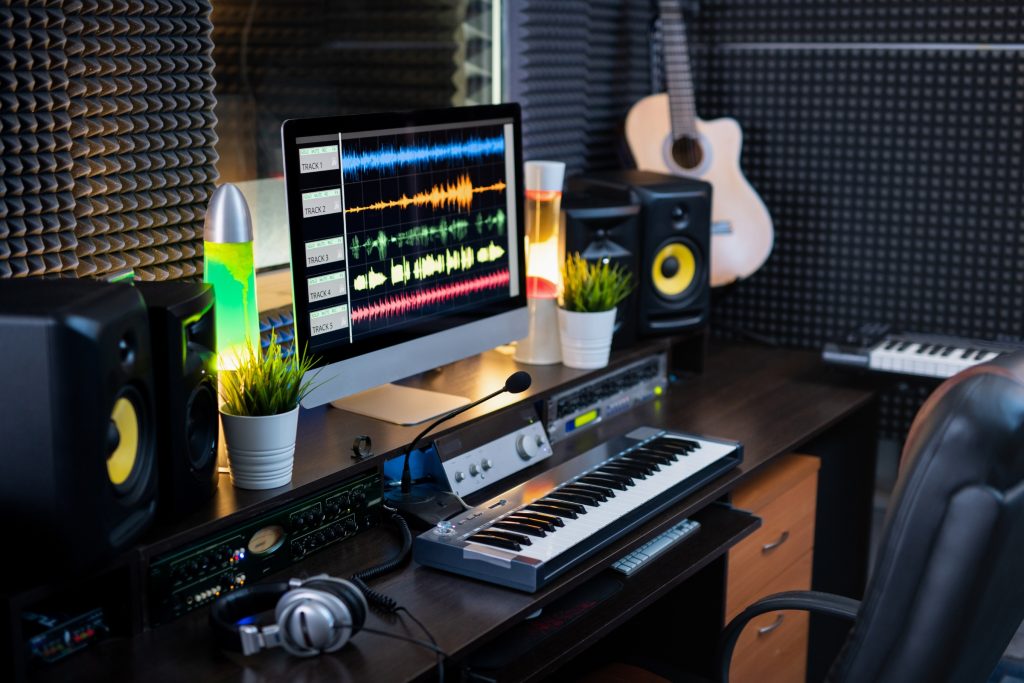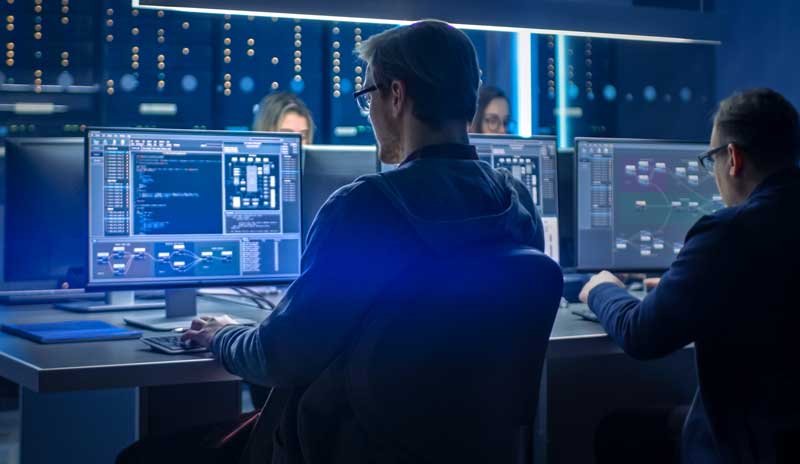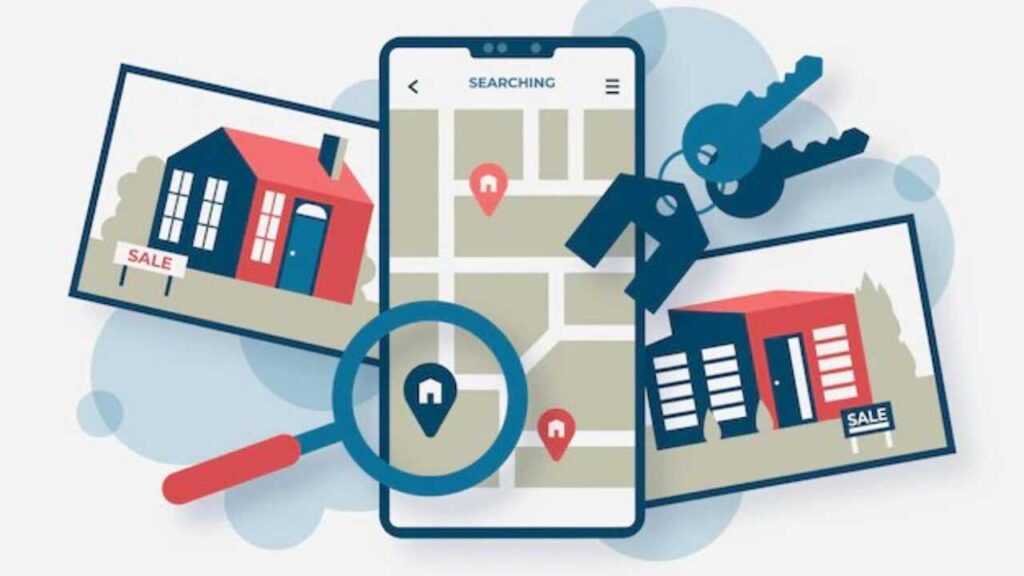Why Audio Engineers Are Upgrading to Specialized Digital Audio Workstation
Audio engineers are increasingly upgrading to specialized digital audio workstation DAW computers due to the growing demands of modern audio production. As recording, mixing, and mastering techniques become more sophisticated, the hardware requirements have evolved significantly. Traditional computers often struggle to keep up with the processing power and stability needed for professional audio work, leading to interruptions, latency issues, and crashes. Specialized DAW computers are designed specifically to address these challenges, offering enhanced performance tailored to audio engineering workflows. One of the main reasons for this shift is the need for improved processing capabilities. Audio projects today can involve hundreds of tracks, numerous plugins, and complex signal routing, all of which require substantial CPU and RAM resources. Standard consumer-grade computers are generally not optimized for such intensive tasks, causing bottlenecks during production. In contrast, DAW computers come equipped with high-performance processors and large memory capacities, ensuring smooth operation even with demanding sessions. This allows engineers to focus on creativity without being hindered by technical limitations.

Stability and reliability also play a crucial role in why audio professionals prefer specialized machines. Audio production demands uninterrupted workflow since even a small glitch or crash can result in lost work and wasted time. Specialized DAW computers are built with components and operating systems optimized to minimize conflicts and reduce crashes. These machines often undergo rigorous testing for compatibility with popular Audio PC software and hardware, providing peace of mind for engineers during critical sessions. This reliability is essential in environments where deadlines and quality standards are non-negotiable. Latency reduction is another significant benefit offered by dedicated DAW computers. Latency refers to the delay between input and output signals, which can disrupt timing and performance when recording or mixing. Standard computers may struggle to maintain low latency due to competing background processes and less efficient drivers. Specialized DAW systems prioritize real-time audio processing, often incorporating low-latency drivers and optimized hardware configurations to provide near-instantaneous feedback. This responsiveness is vital for musicians and engineers striving for precise timing and seamless collaboration.
Additionally, these machines frequently support extensive connectivity options tailored for audio work. From multiple audio interfaces and MIDI controllers to external storage and monitoring setups, a dedicated DAW computer can handle a wide range of peripherals without compromising performance. This flexibility simplifies complex studio setups, allowing engineers to integrate their preferred gear easily. As audio production environments become more elaborate, having a computer that can reliably manage all connected devices is a major advantage. the long-term investment aspect encourages many audio engineers to upgrade. While specialized DAW computers can come with a higher upfront cost, their optimized design reduces the need for frequent repairs or replacements caused by system failures. Moreover, these systems often offer easier scalability and upgrade paths, enabling users to adapt to new software demands without overhauling their entire setup. For professionals committed to their craft, this balance of performance, reliability, and future-proofing makes specialized DAW computers an essential tool in achieving high-quality audio production.






